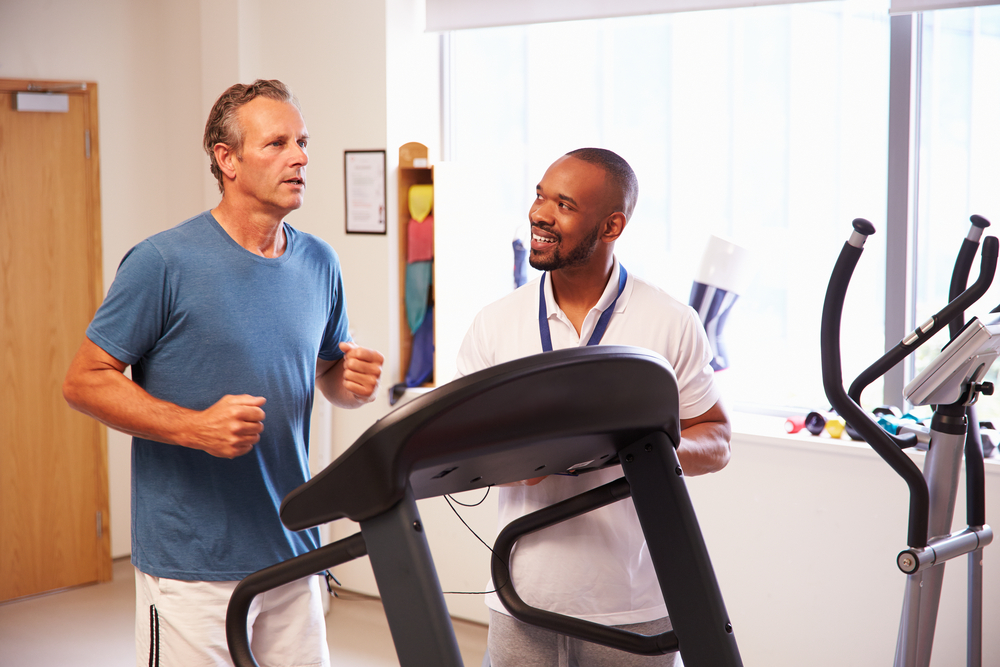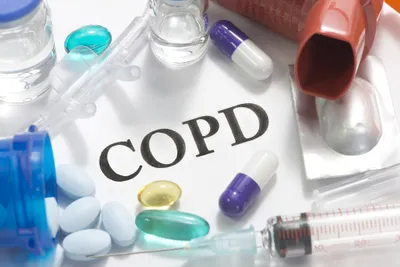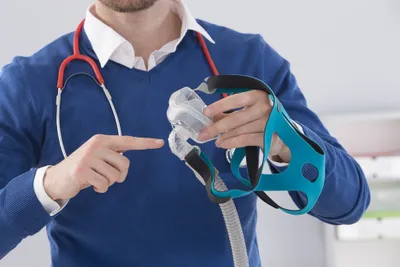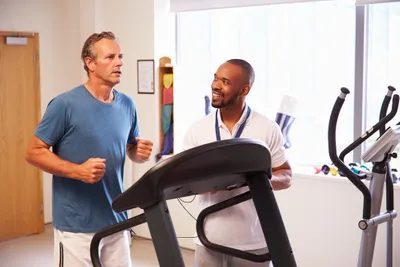You might not hear about it every day, but chronic obstructive pulmonary disease—better known as COPD—affects roughly 12 million Americans. To put it into context, that almost one in 25 people in the United States.
COPD patients often struggle with emphysema and bronchitis and other symptoms. Together, these conditions can make it extremely difficult to breathe because they cause the lining of the airways to thicken, minimizing the amount of air that can get through. For many COPD patients, a persistent cough is simply a central, and very aggravating, part of their lives. The good news is that there are ways to help COPD patients breathe easier. In this list, we’ll take a look at some breathing tips for those with COPD…
1. Butt Out
It should come as no surprise that COPD patients must not smoke—ever. In fact, smoking is often the cause of COPD because it causes serious damage to the lungs. It’s the equivalent of working around dangerous chemicals every day for years.
The good news is that butting out can make a huge difference. Health experts, including those from the Centers for Disease Control (CDC), agree that, if one quits smoking following a COPD diagnosis, they can significantly reduce future harm and help alleviate some symptoms associated with the condition. Quitting the habit is tough, yes, but it’s a whole lot easier when you know that your life depends on it.
2. Medicate Properly
Medications designed to alleviate the symptoms associated with COPD have been emerging and improving in recent years. These medications include salmeterol and fluticasone, which can improve breathing when taken properly.
However, it’s important to keep in mind that many of these medications must be taken consistently in order to work to their full potential. For salmeterol and fluticasone, it can take weeks for patients to even notice their effect. Skipping taking this medication can reduce its effectiveness, too.
3. Keep Your Weight Down
It’s no mystery: stay in shape and you’ll have an easier time breathing, particularly when engaging in any kind of physical activity (i.e., from walking around the block to climbing stairs). If you have COPD, you’re already using a huge amount of energy just to breathe normally, even sitting still.
That means gaining weight can compound the problem and make breathing regularly even more difficult. The key is to shed excess pounds through moderate exercise and, most critically, a sensible diet comprised of lean meats, fruits, vegetables and whole grains. Following a thoughtful diet and exercise plan can help COPD patients reduce weight and breathe easier.
4. Keep your Distance from Pollutants
Anyone with a lung condition—whether it’s asthma or COPD—should be careful to avoid all types of air pollutants in the environment, from exhaust fumes to perfumes, pollen, dust, and tobacco smoke.
For COPD patients, failing to keep your distance from these kinds of air pollutants can make breathing even more difficult than usual and may even lead to a breathing emergency. In some cases, such as pollen outside, these pollutants can’t be avoided. But using air filters in the home, dusting around the house, and avoiding sites where air pollutants may be prevalent.
5. Get your Rest
The key to dealing with just about any significant medical condition is to get ample amounts of rest. That means aiming to get at least seven to eight hours of sleep each night and taking naps where possible.
Unfortunately, getting a good night’s sleep can be difficult for people with COPD. That’s because many COPD patients have sleep disorders, including hypoventilation and sleep apnea. In these cases, it’s crucial that people speak with their doctors and, if recommended by their physicians, use masks, medications, or continuous positive airway pressure (or CPAP) therapy.
6. Pursue a Pulmonary Rehabilitation Routine
Pulmonary rehabilitation is therapy that focuses on making it easier for people with lung conditions to breathe. Surprisingly, there are a number of simple exercises and activities that can help improve breathing and improve lung functionality over the short and long term.
Often, pulmonary rehabilitation simply involves moderate exercise that’s monitored by a medical professional. It could involve using a stationary bike or walking on a treadmill. It may also involve using light weights to build up muscles that contribute to the breathing process. Of course, exercise can also make general movement easier and less taxing on the body, thereby helping the breathing process.









